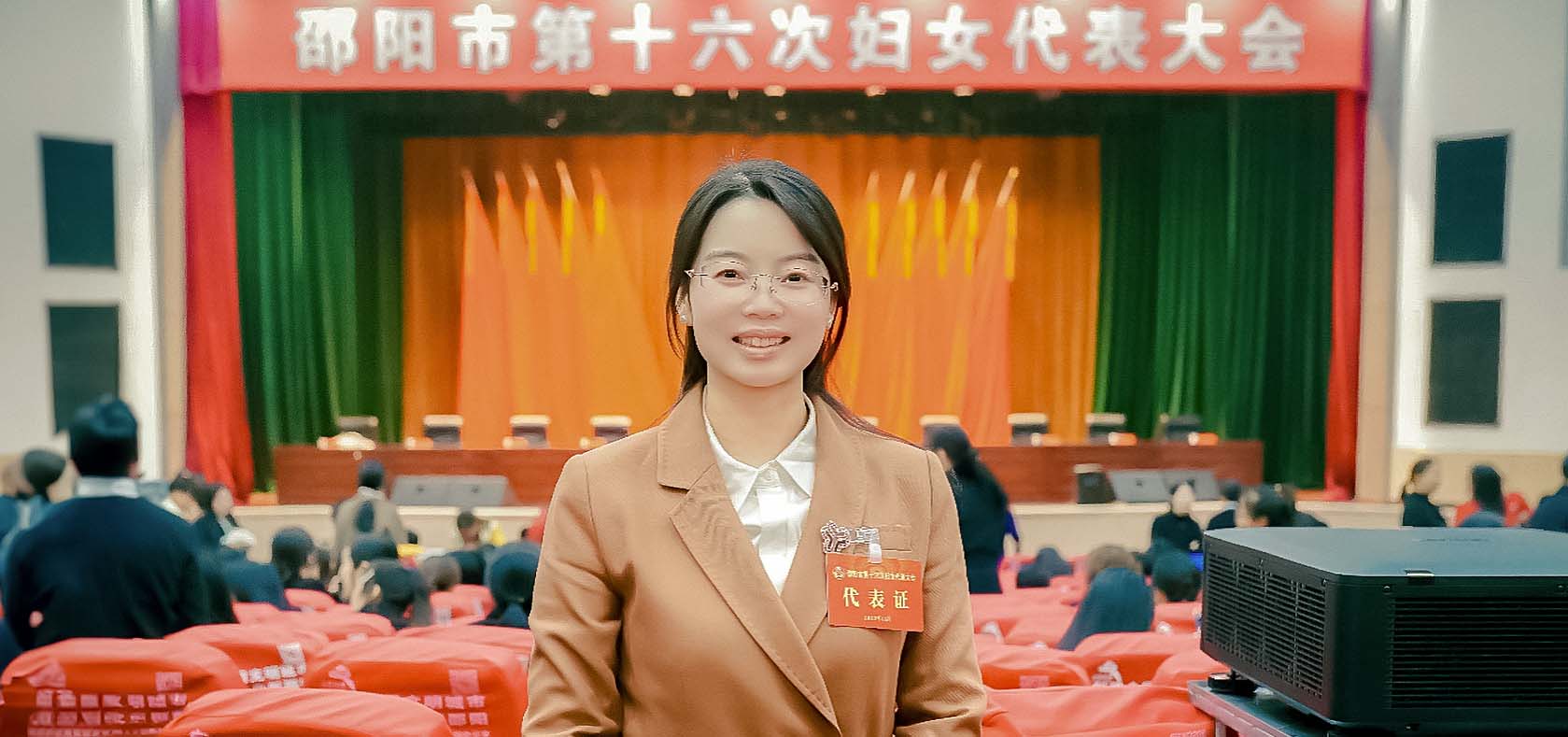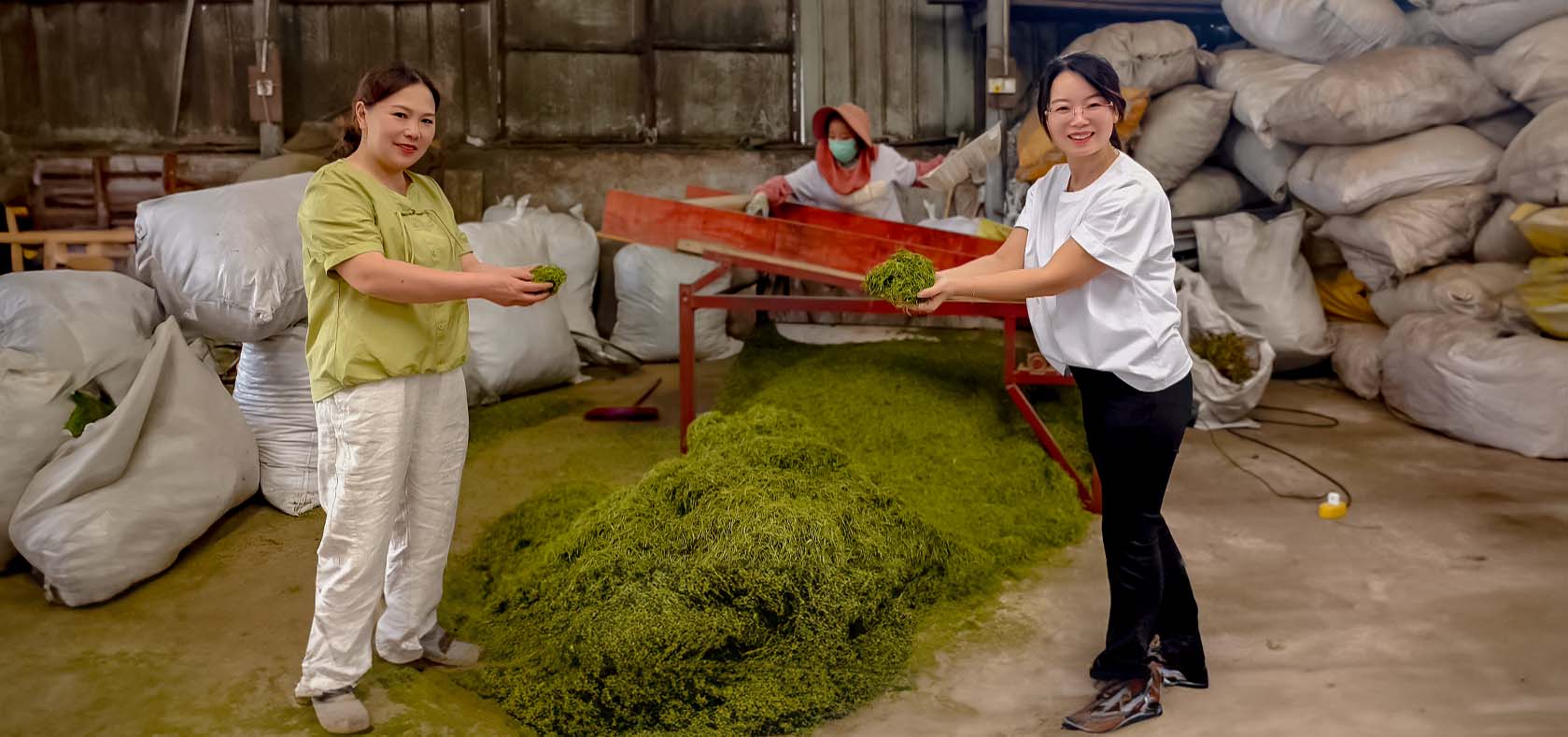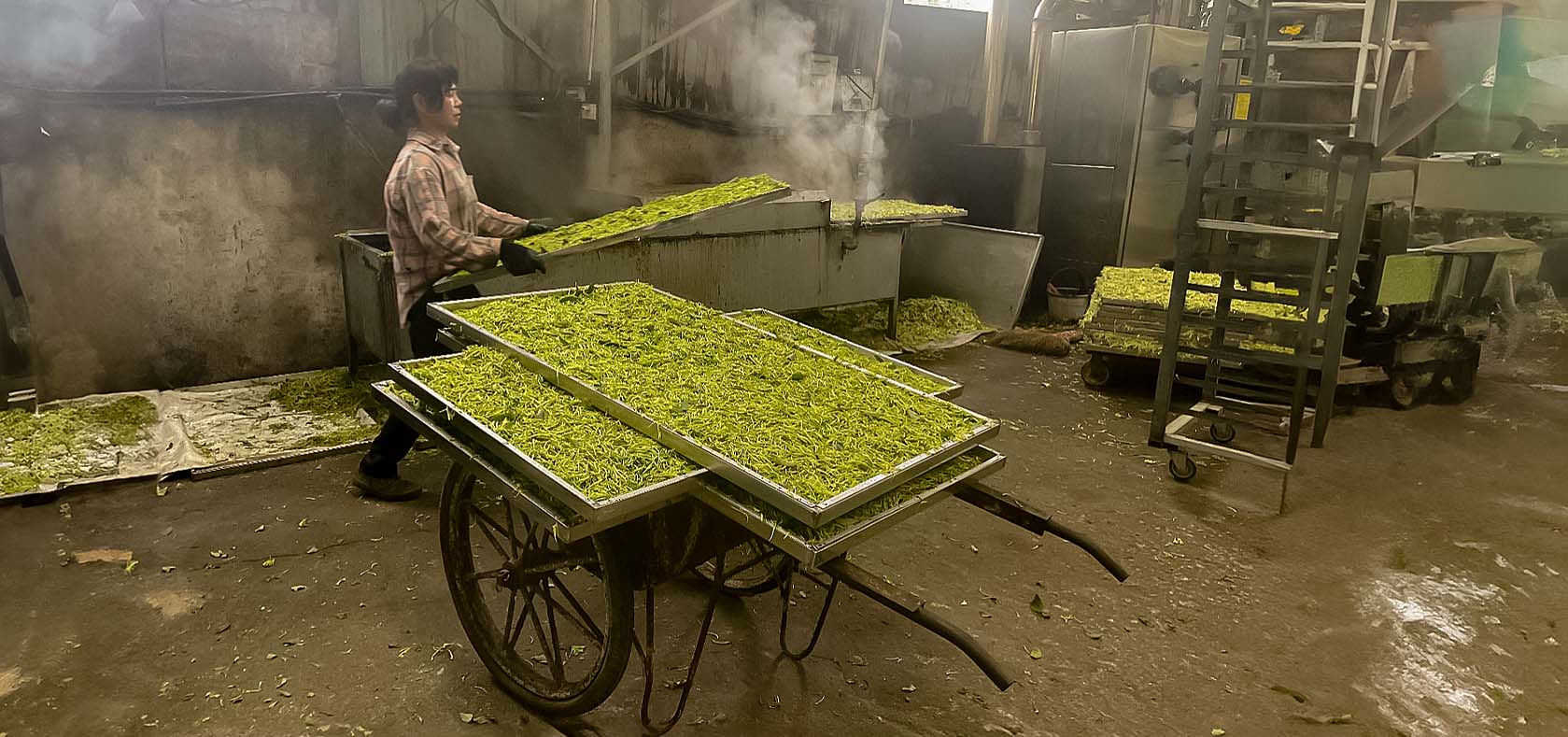Women’s leadership making a difference in rural China
Date:
Authors: Marus Gbomagba and Qing Wang

In a village surrounded by hills in Longhui County, Hunan Province of southern China, there's a story of hidden potential. Women in this rural area have many talents and want to start businesses, but they lack the resources and opportunities they need. This was a daily challenge for Ms. Hongyan Li, the hard-working Vice Chairwoman of the Longhui County Women's Federation.
"We have met many talented women with great ideas and perseverance," says Hongyan, her eyes showing her determination to help. "But they struggle to get the money and training they need to make their ideas a reality."
A five-year project called the Hunan Rural Revitalization Demonstration Project came along at the perfect time. This USD 173 million project, funded by IFAD and the Chinese government, in partnership with UN Women along with local government departments, offered a great chance for Hongyan to access resources for the rural women she supports. The project aims to support at least 320,000 farmers in 10 counties across Hunan province for enhanced climate resilience and secured livelihood. It is also expected to create at least 300 new businesses by 2026. Importantly, women will make up at least half of the beneficiaries.
Determined to help these women succeed, Hongyan led a team effort between the Women's Federation and the county's Agriculture department, working together under the Project.
The Women's Federation office in the county has just six staff members and limited funding. Additionally, there's high staff turnover. As the most experienced person there, Hongyan has been in charge of running the women’s empowerment component of this Project since it started in 2021. It hasn't been easy, but she has managed to secure grants totaling 2.6 million RMB (about USD 364,000) for 18 women-led businesses. She achieved this through multiple visits to communities, talking directly to the women, and working closely with the county's agriculture department and government leaders. "This project gave women entrepreneurs the resources they needed to succeed, and I knew I had to make the most of it," Hongyan explains.
At the same time, Hongyan organized several training sessions to teach rural women the skills they need to run businesses. Thanks to her leadership, 336 women have now received this training.
The money and training provided by the project helped women overcome the initial financial hurdles of starting a business. A great example of how women's leadership can change a community is the honeysuckle processing cooperative run by Ms. Xie Manlan.
Thanks to Hongyan's help, Manlan received training in business and leadership, and a grant of 200,000 RMB (about USD 28,000) from the project to start her business. "The money and training were crucial to getting my business off the ground," Manlan said. "I'm so grateful to Chairwoman Li. I wouldn't have had access to these resources without her." Manlan's successful honeysuckle processing business now employs 40 local women farmers full-time, providing them with a steady income of around 10,000 RMB (about USD 1,400) per year.


Just like Hongyan Li, many other Women's Federation leaders across the region, are also working hard to connect women with resources to start their businesses. When asked about her success, Hongyan humbly replied, "I am lucky to be part of such a great project and to have supportive leaders from the county agriculture department and government." However, the impact she's had on the lives of rural women speaks volumes about her dedication. Through her hard work and collaboration, she's made sure that women in her community have equal access to the project's resources.
"Seeing these women succeed inspires others," Hongyan says. "More and more women are leaping to start businesses and become leaders in their communities," she adds.
“We cannot revitalize the rural economy without actively mobilizing women’s capacity,” says Smriti Aryal, UN Women China Country Representative: “We need to support women’s participation in leadership and governance of rural affairs to truly leverage gender-transformative and inclusive rural policymaking at a local level,” she adds.
The “Hunan Rural Revitalization Demonstration Project”, funded by the International Fund for Agricultural Development (IFAD) and the Chinese government, in partnership with UN Women, the Hunan Department of Agriculture and Rural Affairs, and the Hunan Women’s Federation, has benefited 55,497 rural households and 210,578 rural people to date. Women accounted for 47 per cent of total beneficiary outreach.
Technical and financial assistance helped agribusinesses get off the ground, supported by inclusive public services for climate adaptation and disaster risk reduction, and climate-smart infrastructure construction, such as irrigation systems. The project has secured a USD 1.5 million grant to support 68 start-up businesses led by women.